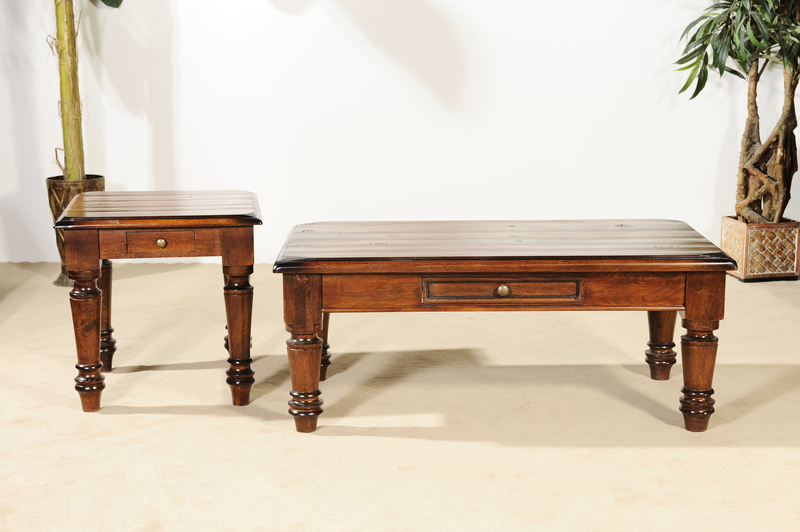Hard Rubbish Made Simple: Practical Disposal Methods
Disposing of hard rubbish can be a challenging task for many homeowners. Unlike general waste or recyclables, hard rubbish items are often bulky, awkwardly shaped, and require a different approach for effective disposal. This comprehensive guide is designed to make hard rubbish removal simple. We will explore practical disposal methods that cater to diverse needs and environments, ensuring a clutter-free home.
Understanding Hard Rubbish
Hard rubbish, also known as bulk waste or bulky items, refers to large household items that cannot be disposed of through the standard waste collection system. Examples include furniture, appliances, and other large objects.
- Furniture: This includes wardrobes, sofas, chairs, and tables that are unwanted or broken.
- White goods: Appliances such as refrigerators, washing machines, and dishwashers fall into this category.
- Mattresses: Often bulky and difficult to dispose of, mattresses are a common hard rubbish item.
- Electronics: Anything from old televisions to computers can be considered hard rubbish.

Importance of Proper Disposal
Properly disposing of hard rubbish is crucial for environmental sustainability. It ensures that reusable materials are reclaimed and reduces landfill waste. Additionally, inappropriate disposal can lead to community fines or neglect of local waste regulations.
Environmental Impact
Illegal dumping and improper disposal can result in environmental harm. By adopting environmentally conscious disposal methods, we lessen pollution and make a positive impact on our planet.
Community Aesthetics
Illegal dumping can severely affect the aesthetics of a community, leading to unsightly street views and potential hazards for residents. Proper disposal helps maintain a clean and safe environment.

Practical Disposal Methods
Council Collections
Many local councils offer hard rubbish collection services, simplifying the removal process for residents. Typically, these services are either scheduled annually or can be requested a few times each year by eligible households.
- Scheduling: Check local council regulations to understand the collection schedules and guidelines.
- Sorting: Properly sort items according to their recyclable nature to facilitate efficient council services.
- Placement: Adhere to council instructions regarding placement points for your hard rubbish collection.
Hiring a Private Service
For those who prefer a more customized and flexible rubbish removal solution, hiring a private service can be ideal. Numerous companies specialize in collecting and disposing of hard rubbish quickly and efficiently.
- Cost: Private services often come at a cost, but they offer convenience and flexibility.
- Recycling Guarantee: Opt for services that prioritize recycling and environmentally friendly disposal methods.
- Customized Pickup: Schedule pickups at your convenience and avoid the hassle of traditional scheduling conflicts.
Self-Disposal Methods
For those willing to put in the effort, setting aside time for self-disposal might be the perfect option. This method involves transporting hard rubbish to designated waste management facilities.
- Facility Locations: Research local waste management facilities that accept hard rubbish or offer recycling solutions.
- Vehicle Considerations: Ensure you have suitable transportation means to ferry large items to these facilities.
- Safety Measures: Practice safe lifting techniques and use the right equipment to avert injury.
Donation and Reuse
Before considering disposal, think about donating items that are still in usable condition. Donating not only reduces waste but also supports the community by providing resources to those in need.
- Charities: Many charities willingly accept furniture, white goods, and electronics in good working condition.
- Online Platforms: Websites and apps like Freecycle or Gumtree allow you to offer items for free, reaching potential new owners directly.
- Creative Reuse: Consider repurposing or upcycling items to give them a new lease on life, helping reduce waste and ignite creativity.
Conclusion
Proper disposal of hard rubbish is not only essential for environmental protection but also for maintaining community standards and personal safety. By utilizing council services, hiring private companies, or relying on self-disposal, residents have diverse options suitable for any situation.
Remember: Consider donation or reuse before disposal, and always adhere to local disposal guidelines to avoid fines and contribute positively to your community. With these practical disposal methods, hard rubbish can indeed be made simple.